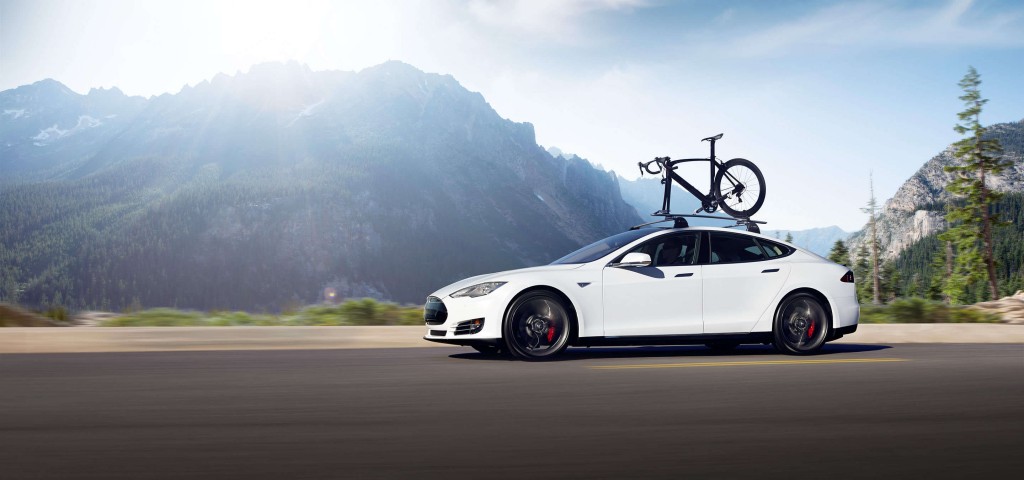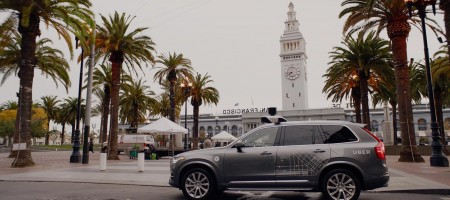For the past few days, the news of a Tesla Model S driver suffering a fatal crash has been doing rounds of the internet. It is a tragic loss indeed but it also puts light on some of the questions that are unanswered in the race for driverless cars. There is no denying the fact that autonomous vehicles can have significant impact on travel and other industries and they hold potential to significantly change ground transportation. However, the big question is if this incident would hurt the sentiments around this upcoming breed of vehicles and slow down the progress.

Tesla took its time, with the accident occurring on May 7 while the news came out only recently. The Model S in Autopilot failed to identify a white trailer against the bright sky and crashed without any attempt to slow down. There have been incidents in the past involving Tesla’s Autopilot however Tesla has always highlighted that it is a beta feature which is why there is a certain set of warnings and limitations associated with it. It is getting better but still requires attention from the driver.
There has been mixed response to the news of driverless cars in the past. The masses have been both against and in favour of this upcoming trend however this incident could make people sceptical. An incident was inevitable however it also sends the message that technology isn’t perfect and the users need to be more responsible. However, this could be an unfortunate sequence of less likely events and the potential of autonomous vehicles to make travel safer and faster can’t be dismissed at all.
A recent announcement by BMW could offer a solution. The major tech companies and automakers are working on their variants of driverless cars. BMW recently announced a new partnership with Intel and Mobileye to develop a new technology with the objective of putting driverless cars on roads by 2021. According to the three companies, their new platform would be made available to multiple manufacturers and join the alliance. They are trying to create common technology standards that would help multiple manufacturers update the vehicles faster and leverage the learning from any incidents or setbacks. According to Intel chief executive Brian Krzanich, this will be critical for advancing the safety aspects.
However the recent incidence could also result in an increased political pressure to tighten regulation thereby slowing down the developments in this space. The legal consequences of this incident could also have a significant impact on how the tech and auto companies go on about autonomous vehicles in future. The liability in such an incident has been a topic of discussion for a while and it is unclear how this one will be handled. The beta helped Tesla generate meaningful data about road conditions and driving patterns just like any other beta test run by tech companies. However, this incident will force regulators to rethink if partial automation has got major risks.
It is certain that full automation in vehicles will revolutionize things and make transport safer. However it is still long way off and might require to leaders to join hands for good.



















